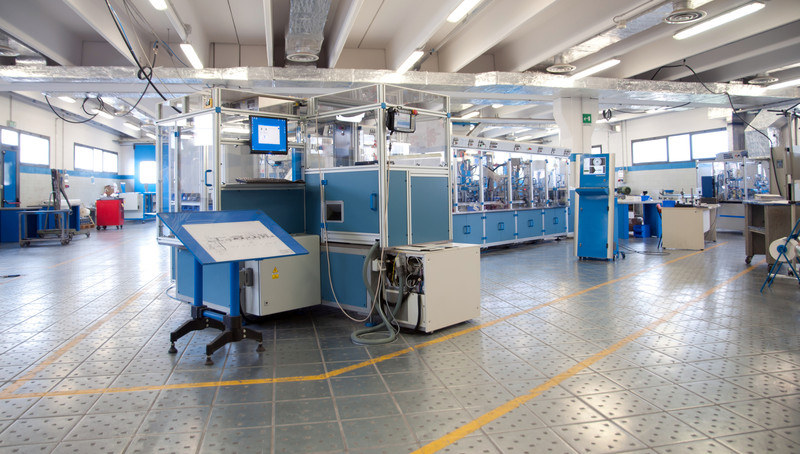One of the goals when designing today’s vehicles is to improve fuel efficiency and there are many ways to do this when designing a vehicle but one of the biggest is by reducing the weight of the vehicle. Often, a new innovative material is needed that will meet the structural and performance requirements yet weigh less than the current material being used in the vehicle. This is when material development engineers step in and develop a new material that will meet the requirements.
The role of the Material Development engineer in the automotive development process is essential to improving efficiency, reducing environmental impact, improving quality and even improving overall performance. No other job within the development process has so many opportunities to have an impact on the next generation of vehicles on the road. Materials Development Engineers work in all areas of automotive design from the smallest component and subassembly to powertrain, chassis and cockpit design; every aspect of the vehicle has been touched at some point in its development by a Materials Development Engineer.
Education requirements for the Materials Development Engineer
The education requirements for a Materials Development Engineer begin like many other positions within the automotive world with a Bachelor’s Degree in an applicable field depending on your specialty. For example, if you are going into powertrain design then a Bachelor’s Degree in Mechanical Engineering would be applicable. At many universities you will also find a Bachelor’s Degree in Materials Science which is very beneficial in this role as well but may lack some of the practical applications that other programs may have. Additionally, because of the specialty of this type of job many employers are now showing preference for those who continue their education and earn a Master’s Degree or PhD in Materials Science or related field. The Materials Development Engineer is working on new developments and innovative designs so a thorough understanding of materials and their properties is required to design products that will perform properly in the field.
Innovations on the job as a Materials Development Engineer
The role of the Materials Development Engineer spans all areas of the product life cycle process and at each phase you will find Materials Development Engineers deep in the details of development working on the next technology innovations with Design Engineers. In the early concept phases they will suggest new material applications or develop composite materials with the appropriate material properties. For example, when the aluminum engine block was developed to help reduce overall vehicle weight, the Materials Development Engineer was intimately involved in developing an aluminum material that was strong enough to withstand the forces it would see during operation, which would not deform during excessive temperatures and would not exceed the price targets. The result of this development process was the Aluminum engine block that was developed and released to production during the late 90s and has become the standard material in the industry for engine blocks.
Materials Development Engineers partner with the development team during the design validation phase where they build prototype units and begin stress testing to determine if their concept design will function as designed and if it is ready to go to production and final validation testing. The Materials Development Engineer will partner with the Quality Engineer and Test Engineer to design tests that will evaluate the performance of the new design and may include environmental test factors in the test suite. While testing is underway the Materials Development Engineer will partner with the suppliers to develop a materials source for the chosen material.
The final product validation phase is the last collaborative effort by the entire design team to complete all stress testing and certify the product. The sample product will be assembled on the newly developed production process using all production intent materials, assembly processes and inline testing planned for the production process. Testing will be done to confirm that the end product meets all certification and product requirements before being launched into production.
The Materials Development Engineering position is one of the leading edge positions in developing new and innovative technology in the automotive fields. If you enjoy being on the cutting edge of technology development then consider this important and highly valued field in the automotive engineering arena.

